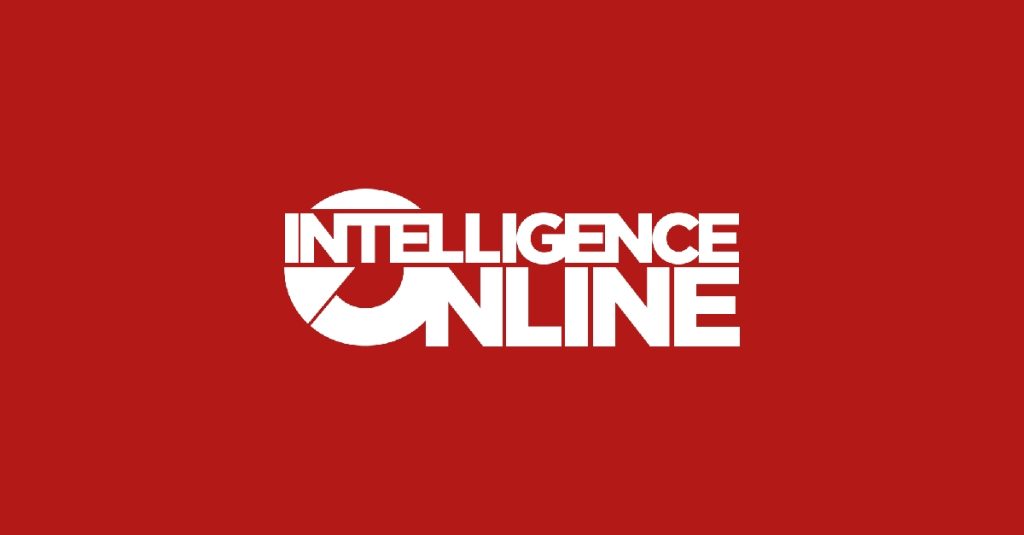Listen to the article
French authorities are ramping up efforts to combat disinformation campaigns, allocating additional funding to bolster national defenses against information warfare, officials announced yesterday.
The increased investment comes amid growing concerns about foreign interference in democratic processes across Europe, with intelligence agencies reporting a rise in coordinated disinformation operations targeting French institutions and elections. The new funding will support specialized units within the government’s intelligence apparatus dedicated to identifying and countering false information campaigns.
“This represents a significant enhancement of our capabilities to protect our democratic discourse,” said a senior official from the French Ministry of Interior, speaking on condition of anonymity due to the sensitive nature of the operations. “The threat landscape has evolved dramatically in recent years, and our response must evolve accordingly.”
Meanwhile, across the Atlantic, the Biden administration has announced a key counterterrorism appointment that signals a shift in America’s security priorities. The appointment, which will be formalized next week, places greater emphasis on addressing domestic extremism while maintaining focus on international terrorist threats.
Security experts note this appointment reflects the changing nature of terrorism threats facing the United States, with homegrown extremism increasingly concerning federal authorities. The appointee, whose name has not yet been officially disclosed, brings extensive experience from both law enforcement and intelligence backgrounds.
“This appointment represents a recalibration of resources to match the current threat environment,” said Thomas Reynolds, a former Department of Homeland Security official now with the Center for Strategic and International Studies. “We’re seeing a more sophisticated approach to counterterrorism that acknowledges both foreign and domestic dimensions of the challenge.”
In a separate development that highlights the increasingly fluid boundaries between intelligence and law enforcement, a former officer from France’s external intelligence service, the General Directorate for External Security (DGSE), has been appointed to a senior position at Paris Police Headquarters.
The appointment marks an unusual career transition from foreign intelligence to domestic policing and has raised eyebrows among security analysts. The former spy, who specialized in counterintelligence operations during their tenure at DGSE, will oversee sensitive security operations within the capital region.
“This cross-pollination between intelligence services and law enforcement represents a new trend in security governance,” explained Dr. Marie Dubois, professor of security studies at Sciences Po Paris. “The traditional boundaries between external intelligence gathering and internal security are becoming increasingly blurred as threats become more complex and transnational.”
The former intelligence officer’s expertise is expected to enhance the Paris Police’s capabilities in countering sophisticated threats, including terrorism and espionage activities targeting the capital. Paris remains a high-priority target for various threat actors due to its political, economic, and symbolic significance.
These developments come against a backdrop of evolving security challenges facing Western democracies, from sophisticated disinformation campaigns to complex terrorist threats that cross traditional jurisdictional boundaries.
France’s increased investment in counter-disinformation capabilities reflects broader European concerns about information warfare, particularly following documented interference in recent elections across the continent. The European Union has similarly bolstered its strategic communication units to counter what officials describe as “systematic attempts to undermine democratic institutions.”
Security analysts note that these parallel developments in France and the United States highlight a convergence in how Western democracies are approaching contemporary security challenges, with greater emphasis on information security and a more integrated approach to intelligence and law enforcement.
As both nations prepare for significant elections in the coming years, the enhanced focus on information security and counterterrorism capabilities underscores the perceived vulnerability of democratic processes to both conventional and emerging threats.
Fact Checker
Verify the accuracy of this article using The Disinformation Commission analysis and real-time sources.




10 Comments
I’m encouraged to see governments taking a more proactive stance against information warfare. However, the devil will be in the details as they implement these enhanced capabilities. Oversight and clear guidelines will be critical.
The French government’s move to bolster its defenses against disinformation is a timely and necessary step. As threats continue to evolve, a comprehensive and well-resourced approach is required to protect democratic processes.
These are all complex issues that require a nuanced, multi-faceted approach. I appreciate the efforts by governments to adapt their capabilities, but the ultimate goal should be safeguarding democratic institutions and freedoms.
The involvement of a former DGSE officer in Paris’ police headquarters is an intriguing development. Specialized expertise from the intelligence community can provide valuable insights, but the public will want assurances around civil liberties protections.
Combating disinformation is crucial, but the methods used must be carefully considered. Transparency, accountability, and respect for civil liberties should be guiding principles as these new initiatives take shape.
Well said. Striking the right balance between security and liberty is an ongoing challenge, but an essential one for maintaining public trust.
The US counterterrorism appointment is a timely move given the evolving threat landscape. Curious to see how the Biden administration will prioritize and resource this new role to address emerging challenges.
Yes, the shift in focus reflects the dynamic nature of modern security threats. It will be interesting to see how this appointment impacts the government’s overall counterterrorism strategy going forward.
This is an important step for France to combat foreign disinformation campaigns. Protecting democratic processes is critical in the digital age. I’m curious to learn more about the specific strategies and capabilities that will be developed with this new funding.
Agreed. Transparency around these efforts will be key to maintaining public trust. I hope they can strike the right balance between security and preserving civil liberties.